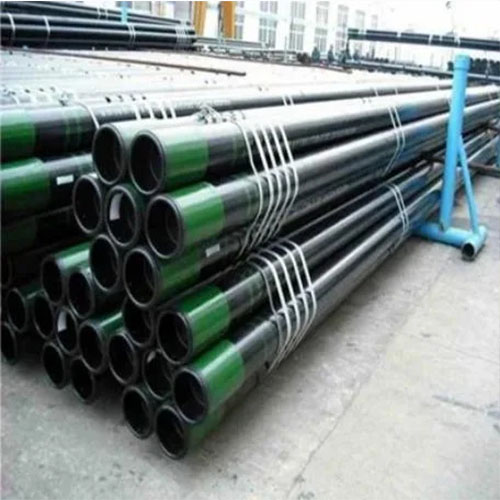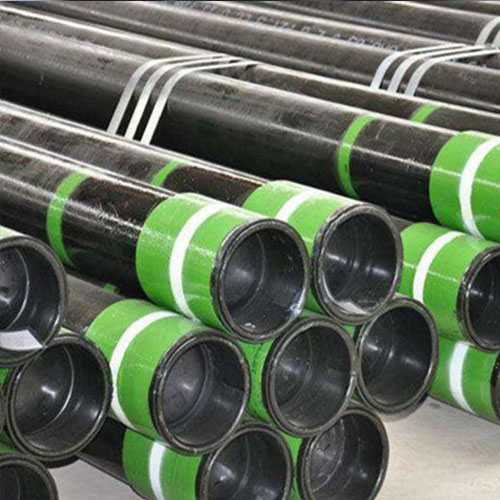Table of Contents
Understanding the Difference Between API 5CT N80 and L80 Oil Casing Pipes
Understanding the Difference Between API 5CT N80 and L80 Oil Casing Pipes
When it comes to oil casing pipes, two common grades stand out: API 5CT N80 and L80. These grades play a crucial role in oil and gas exploration and production, providing structural support and protection for wellbores. However, despite serving similar purposes, N80 and L80 have distinct characteristics that make them suitable for different applications.

Firstly, it’s essential to understand the basic properties of each grade. API 5CT N80 is a medium Carbon Steel with a higher tensile strength and hardness compared to L80. This makes it more suitable for environments where high mechanical stresses are expected, such as deep well drilling and high-pressure reservoirs. On the other hand, L80 is a low-Alloy Steel known for its excellent resistance to corrosion and cracking, making it ideal for wells with sour (high sulfur content) environments.
One of the primary differences between N80 and L80 lies in their chemical composition. N80 contains a higher percentage of carbon and manganese, contributing to its superior mechanical properties. In contrast, L80 is alloyed with chromium and Nickel to enhance its corrosion resistance and toughness. These differences in composition result in distinct performance characteristics, influencing their suitability for various well conditions.
Another significant factor to consider is the heat treatment process applied to each grade. N80 casing pipes undergo a quenching and tempering process to achieve the desired mechanical properties, including high strength and toughness. In contrast, L80 casing pipes are typically normalized and tempered to improve their resistance to hydrogen sulfide (H2S) corrosion and stress cracking. These heat treatment methods impart specific microstructures and mechanical properties to each grade, ensuring optimal performance in different operating environments.
Additionally, N80 and L80 have different yield and tensile strength requirements as per API 5CT specifications. N80 has a minimum yield strength of 80,000 psi and a minimum tensile strength of 95,000 psi, while L80 has a minimum yield strength of 80,000 psi and a minimum tensile strength of 95,000 psi as well. Despite the identical numerical values, the underlying metallurgical properties of each grade vary, affecting their behavior under load and in corrosive environments.
Furthermore, the application of each grade may vary based on regional regulations and operator preferences. In some regions, such as the Gulf of Mexico, L80 casing pipes are preferred for their enhanced resistance to H2S corrosion in sour gas environments. In contrast, N80 casing pipes are commonly used in regions with high mechanical stresses, such as shale formations or deepwater drilling operations. Understanding these regional preferences and regulatory requirements is crucial for selecting the appropriate casing grade for a given well.
In conclusion, while API 5CT N80 and L80 oil casing pipes serve similar purposes in oil and gas well construction, they exhibit distinct characteristics that make them suitable for different applications. From their chemical composition and heat treatment processes to their mechanical properties and resistance to corrosion, each grade offers unique advantages depending on the operating conditions. By understanding the differences between N80 and L80, operators can make informed decisions to ensure the integrity and reliability of their wellbore structures.

